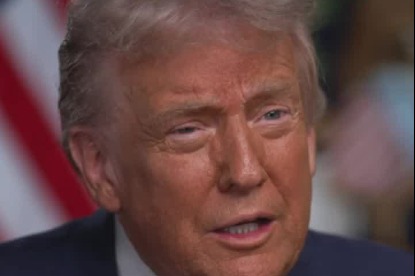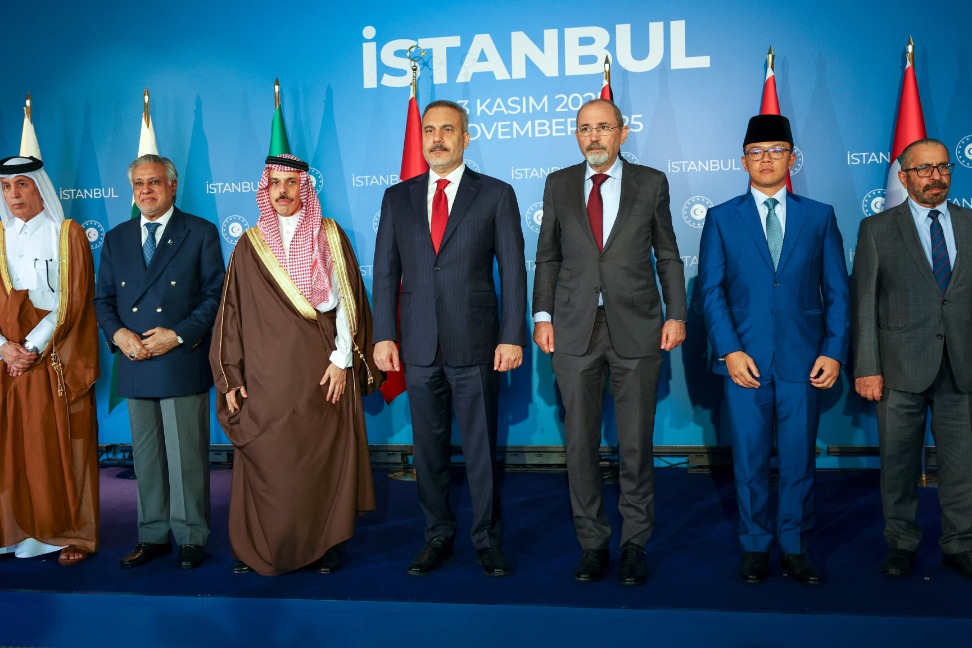Analysts: the Ukraine crisis is a trap set by the US


The Kremlin has effectively fallen into a trap laid by the US and NATO that is intended to bring down Putin's government, wrote Robert H. Wade, professor of Global Political Economy at the London School of Economics.
This opinion is echoed by Joe Lauria, editor-in-chief of Consortium News, who says that without the crisis in Ukraine, the US could not attempt to destroy Russia's economy, orchestrate worldwide condemnation, and lead an insurgency to bleed Russia, all as part of an attempt to bring down its government.
Lauria pointed out that the US and NATO's ulterior motives in the Ukraine crisis is to end the rule of Russian President Vladimir Putin and replace it with one friendly to and subordinate to the US.
The US has a long-standing strategy for regime change in Moscow, with Ukraine as the pivot, Wade said in an article published on March 30 on the official website of European Politics and Policy, a multidisciplinary academic blog run by the London School of Economics and Political Science.
"On one hand, send sufficient military and other equipment to Ukraine to sink the Russian military in a quagmire. On the other hand, impose severe, far-reaching sanctions on Russia so as to cause major disruption to the Russian elite and a major contraction of living conditions for the Russian middle-class. The combination should last long enough for Russians to rise up to overthrow Putin."
Wade added that the US' weapons-plus-sanctions strategy needed a cause, and Russia's special military operation in Ukraine was the required casus belli.
Wade wrote that in December 2021, the Kremlin presented treaty proposals, which included an implementation of the eight-year old Minsk peace accords (which include a commitment that Ukraine does not join NATO); dissolving extreme right Ukrainian militias; and engaging in serious negotiations about new security architecture in Europe. The US and NATO, however, consistently refused to negotiate.
Zbigniew Brzezinski, national security advisor of former US president Jimmy Carter, revealed a bigger picture, presuming that control of Eurasia is vital for US "primacy" or "hegemony" in the world system.
In his 1997 book The Grand Chessboard: American Primacy and Its Geopolitical Imperatives he wrote: "Ukraine, a new and important space on the Eurasian chessboard, is a geopolitical pivot because its very existence as an independent country helps to transform Russia."
Brzezinski explained that without Ukraine being integrated into or closely allied to Russia, Russia was a "predominantly Asian imperial state". Whereas Ukraine being integrated into Russia gives Russia the opening to be (or resume being) "a Eurasian empire". So the long-held US aim has been to push Ukraine away from Russia, as a major step towards constraining Russian strategy, thereby sustaining US primacy.
































